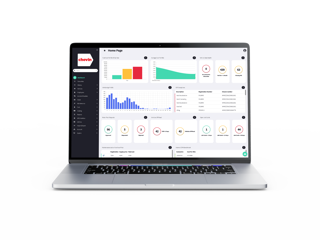Fleets must keep their eyes on the basics of fuel management despite pump prices being at their lowest level since 2011, says Chevin.
The fleet management software specialist points out that fuel remains the main area where company car and van cost have risen most rapidly since the credit crunch and that there is a wide variance between best and worst practice.
Managing director Ashley Sowerby said: “Among the fleets with which we work, we see a wide range of different results when it comes to fuel management. This is a cost area where some fleets have strong and definite policies, while others have a much more laissez-faire attitude and believe that the issue cannot really be successfully managed.
“Our experience is that the latter is wrong. Diesel and petrol spending is something that very much responds to determined managerial action. While we may be going through a period when prices have unexpectedly fallen, this will almost certainly be temporary and they will again increase over time.”
Chevin’s six point advice plan for fuel cost management, based on the best practice that it sees among users of its FleetWave fleet software, states:
- Have the right vehicles – make outstanding fuel consumption a prerequisite for any car or van being added to your choice list.
- Only make necessary journeys – the best way to save on fuel is not to drive. Can video conferencing be used as an alternative?
- Use a fuel card – the only sure way to check and record fuel spending is through a fuel card. You should be using one.
- Buy at the cheapest outlets – saving a few pence per litre every time a driver fills up will bring overall fuel bill savings.
- Check the grade – does that vehicle really require super grade fuel? With the price difference between regular and super fuels, this cost can soon mount up.
- Track driver and vehicle behaviour – analyse the data you record through software reporting to see which drivers or vehicles are falling outside of MPG targets.
Sowerby added: “None of these ideas are particularly innovative but they do require a strong managerial hand. However, if you follow them, you will definitely see results.”


















Login to comment
Comments
No comments have been made yet.